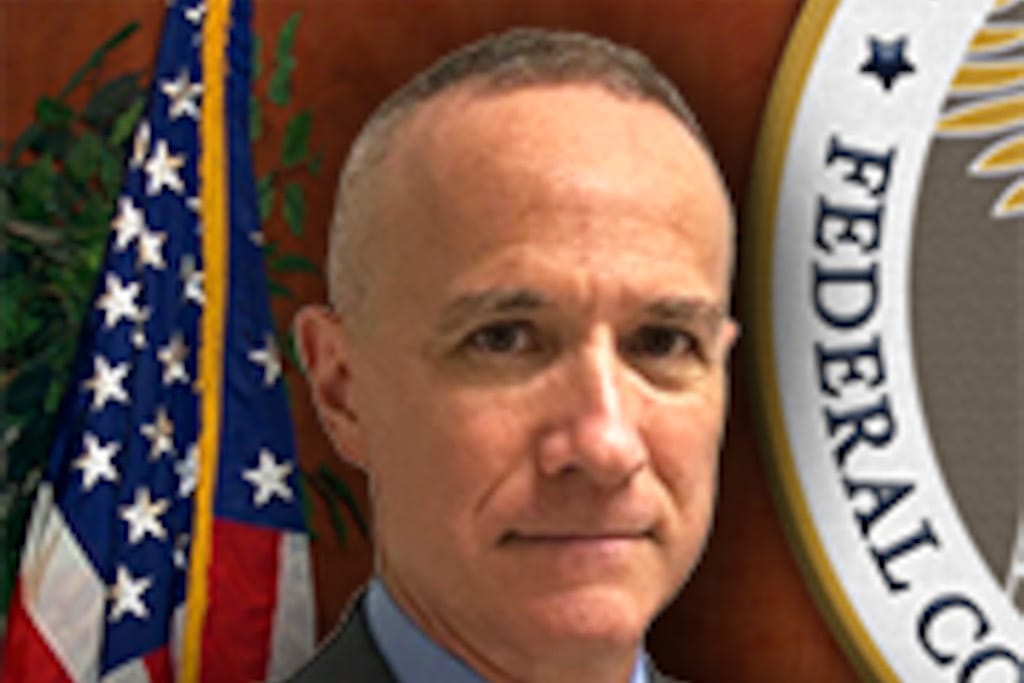States Face Roadblocks in Challenge Processes, FCC Tries to Facilitate
The BEAD timeline looms large for many who worry that two months is insufficient time to correct the map.

WASHINGTON, November 30, 2022 – As state broadband offices scramble to submit challenges to the national broadband map, the Federal Communications Commission is working to provide much-needed resources to help stakeholders through the often-opaque challenge processes.
The FCC’s new broadband map, released in November, provides location-level data of broadband availability nationwide. The map is comprised primarily of two datasets: a list of all broadband serviceable locations – the “fabric” – and provider-submitted availability data. The accuracy of both can be challenged by the public through designated processes.
The FCC has endeavored to create a consumer-friendly challenge-process, said Kirk Burgee, chief of staff for the Wireline Competition Bureau. “We do try to make the process as flexible and accessible as it can be consistent with getting effective challenges and resolving them correctly,” he explained.
Burgee spoke at an FCC webinar held Wednesday to demystify the fixed-availability bulk-challenge process.
The FCC’s availability data will largely determine the distribution of the $42.45 billion Broadband Equity, Access, and Deployment program among the states. The National Telecommunications and Information Administration, the subdivision of the Department of Commerce which administers the BEAD funds, has advised the public to submit challenges by January 13, 2022, to ensure they are considered for BEAD grants – scheduled to be announced in June.
The immediate stakes of accurate mapping
If the FCC’s data is inaccurate when the NTIA calculates the allocations, some states could be shorted on badly needed funding. Some industry players say the map is concerningly inaccurate, and others say the FCC’s challenge processes may prove prohibitively complex.
Georgia has yet to submit fabric challenges, although it intends to, wrote Joshua Hildebrandt, the state’s director of broadband initiatives, in correspondence with Broadband Breakfast.
“So far, we have encountered a number of hurdles that have made a quick challenge submission difficult to do,” Hildebrandt explained. “Georgia is fortunate to have a considerable amount of data, which helped us create one of the nation’s first public statewide address-level broadband service maps.
“However, even with all of this applicable data in-house,” he added, “The FCC’s process for challenging fabric locations on a one-by-one basis still requires substantial effort and time.”
“The fabric is an enormous challenge, but we are very disappointed in the quality of the fabric and, more importantly, the insistence on using it and moving forward,” David Lukens, Connecticut’s broadband-mapping coordinator, told Broadband Breakfast.
“The FCC’s burdensome challenge process incentivizes…challenges focused only on potential BEAD project area,” he added.
Several state broadband officials told Broadband Breakfast that they have, by necessity, thus far submitted fabric challenges primarily for unserved areas, leaving the FCC’s data for numerous locations in better-served areas uncorrected. Some say, however, that they will submit additional challenges going forward.
The challenge process may work, but some say time is running short for BEAD
Spokespeople for the FCC and CostQuest have routinely acknowledged the errors in the map’s first draft and urged stakeholders to submit challenges to correct them. Some experts, including Scott Wallsten of the Technology Policy Institute, say inaccuracies are inevitable, but the challenge process will largely ameliorate them in time.
The BEAD timeline looms large for many who worry that less than two months – the interval between the map’s November release and January 13 – is insufficient time to correct the map. And like any massive undertaking, smaller entities struggle to keep up.
Kansas’ broadband director, Jade Piros de Carvalho, told Broadband Breakfast her small team lacks the bandwidth to submit a bulk challenge at all. Piros de Carvalho has encouraged her fellow Kansans to submit their own challenge. “Currently the FCC shows KS at about 5 percent unserved. We are more likely closer to 15 percent unserved, and that difference will have a direct negative impact on the dollars we receive,” she wrote Monday.
Maine will take a multi-stakeholder approach that will mobilize communities and regional partners, Andrew Butcher, president of the Maine Connectivity Authority, told Broadband Breakfast. In addition, the state itself plans to submit bulk-availability and fabric challenges by January 13, Butcher said.








